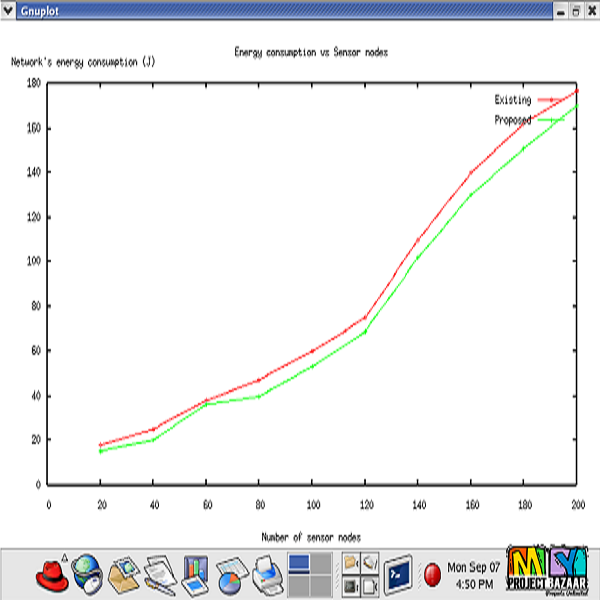
An Energy-Efficient Mobile-Sink Path Selection Strategy for Wireless Sensor Networks
Product Description
An Energy-Efficient Mobile-Sink Path Selection Strategy for Wireless Sensor Networks
Abstract— Several studies have demonstrated the benefits of using a mobile sink to reduce the energy consumption of nodes and to prevent the formation of energy holes in wireless sensor networks (WSNs). However, these benefits are dependent on the path taken by the mobile sink, particularly in delay-sensitive applications, as all sensed data must be collected within a given time constraint. An approach proposed to address this challenge is to form a hybrid moving pattern in which a mobile-sink node only visits rendezvous points (RPs), as opposed to all nodes. Sensor nodes that are not RPs < Final Year Projects 2016 > forward their sensed data via multihopping to the nearest RP. The fundamental problem then becomes computing a tour that visits all these RPs within a given delay bound.
Including Packages
Our Specialization
Support Service
Statistical Report

satisfied customers
3,589
Freelance projects
983
sales on Site
11,021
developers
175+

















